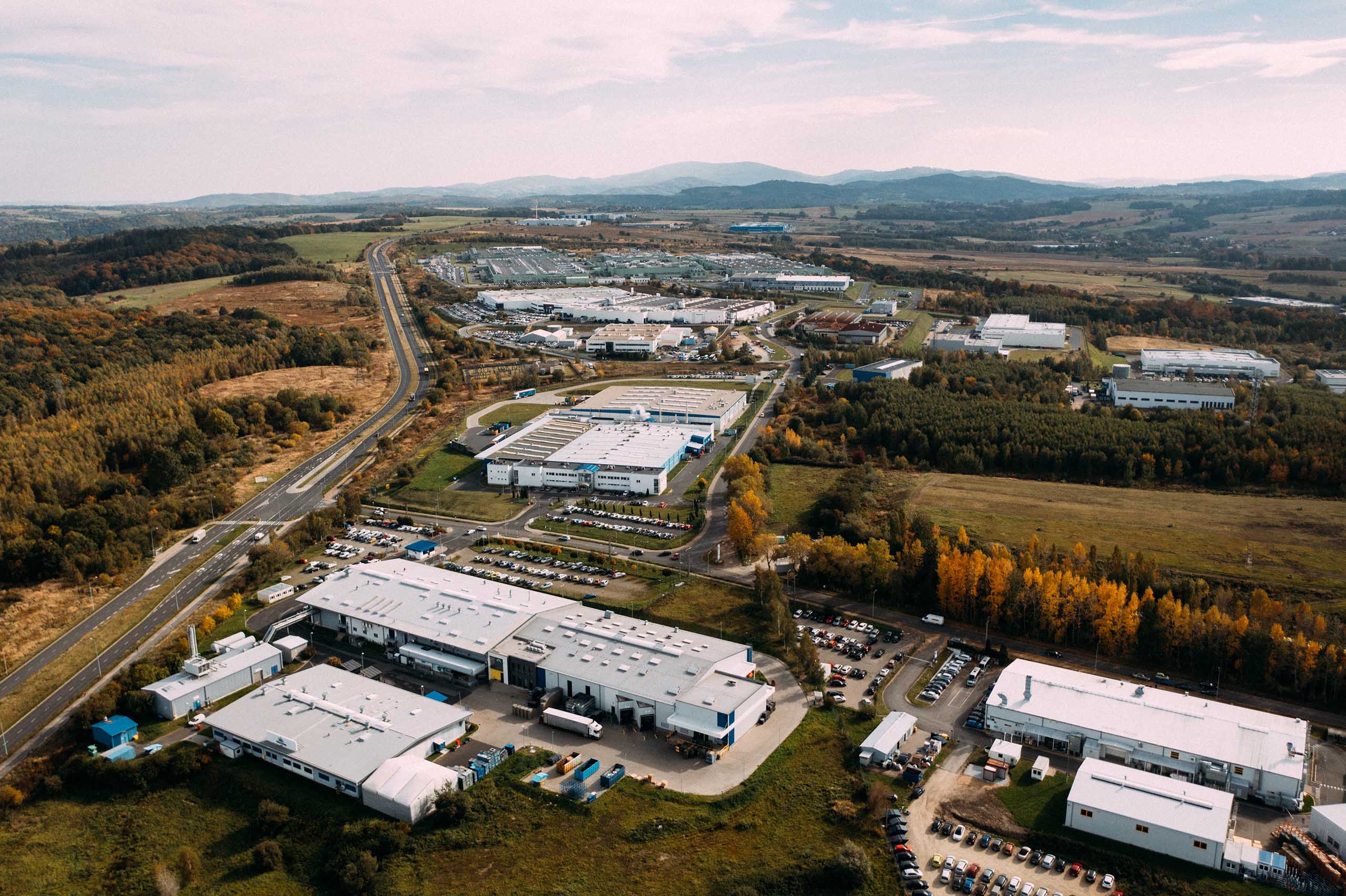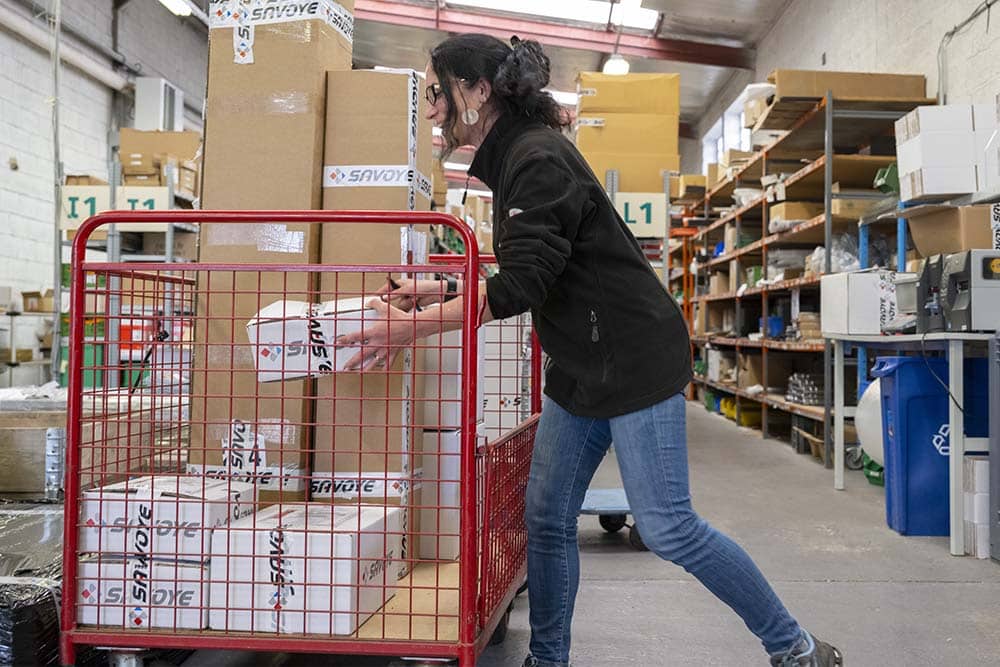
What levers can be deployed for a more effective logistics ESG policy?
Energy consumption and well-being at work are key concerns for businesses and industries. Among measures necessitated by the energy crisis and the challenges associated with respect for people and the planet, the aims of and interest in the deployment of concrete and sustainable ESG policies are increasing within companies.
Although all a company’s departments and operations are affected by these issues, logistics and transport occupy a central position.
While being heavy energy users, the Supply Chain’s infrastructures and various daily activities are also consumers of raw materials. From production to transport and storage, which, when undertaken at controlled temperatures, can also be energy-intensive, to everyday operation of the logistics platform, including lighting, ventilation and heating costs, etc. there is vast scope for improving the response to the challenges of decarbonization.


In addition to its environmental impact, logistics also poses challenges as regards protecting the health of employees, in particular by reducing the strain of work: working in a warehouse can also be physically demanding in terms of distances covered, loads handled and repetitive movements by operators, in environments that are, at times, cold or noisy. These issues associated with logistics roles can result in a significant level of absenteeism, disengagement and sick leave. For companies affected by these issues, the challenge is on! Working to enhance your ESG policy for logistics appears to be an appropriate way of responding to numerous current issues, with many key advantages.
